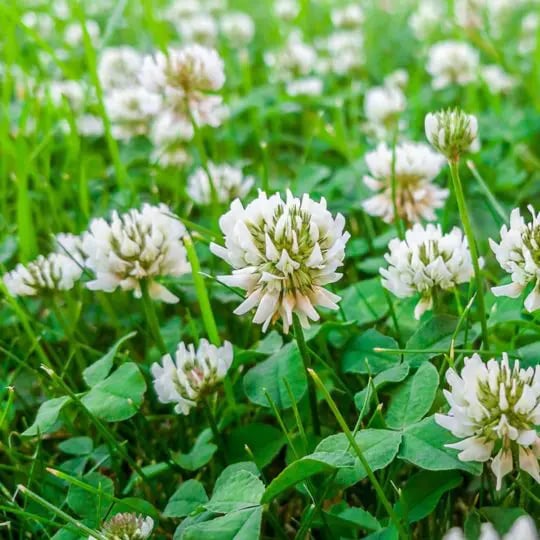Common Lawn Weeds in PA, NJ, and DE

Weeds come in all shapes and sizes, and each type of weed is treated differently. Before you can learn how to prevent control weeds, you need to understand which ones you’ll find. Read on to learn about the common lawn weeds in Pennsylvania, New Jersey, and Delaware.
Common Lawn Weeds in PA, NJ, and DE
Dandelions: This flowering broadleaf weed is one of the most common. Its first form is a cheery yellow flower that then turns into the iconic ball of seeds that float in the air. And yes, kids and some adults like to help them spread by making wishes when they blow on them. In order to control this weed, you have to take steps early. While you can pull them by the root before they go to seed, there is a chance they will grow back because the roots are so long. Your best defense is a thick, healthy lawn that may choke dandelions out.
Clover: This is another common flowering week. In its early stages, it has the common three-leaf appearance. When fully grown, it develops a white or purple flower. Clovers can spread quickly throughout a lawn and because of their small size and green appearance, they are often ignored. This weed can invade even the strongest of lawns when left untreated. This weed isn’t always a problem. In fact, clover adds nitrogen to the soil, and some lawn care companies actually add small amounts of clover on purpose in order to improve lawn health.
Crabgrass: Long, thick, and tall, this weed is in the grass family but grows in a thicker and less attractive pattern outward from a central point. Crabgrass grows tall and quickly, sprouting large patches above your current lawn. Crabgrass tends to be more of a symptom of poor lawn development, so keeping your lawn healthy is the best way to prevent this weed.
Yellow Nutsedge: Highly intrusive sedge-weed, the Yellow Nutsedge actually resembles grass blades, but is thicker, grows taller, and has a tuber underneath that is edible. Yellow Nutsedge is considered one of the “Worst Weeds” because of how difficult it is to remove and how quickly it spreads. In order to prevent spreading, tubers have to be removed, and even then, the tubers produce “nutlets” which are even harder to get rid of.
You can learn about even more lawn weeds in our Lawn Weed Identification Library.
Green Lawn Fertilizing Knows How to Eliminate Common Lawn Weeds
Green Lawn Fertilizing provides comprehensive solutions to your lawn health needs so that you can have a lawn that will withstand weed problems. Call us today at 855-469-0692 for a free quote and to schedule a service.